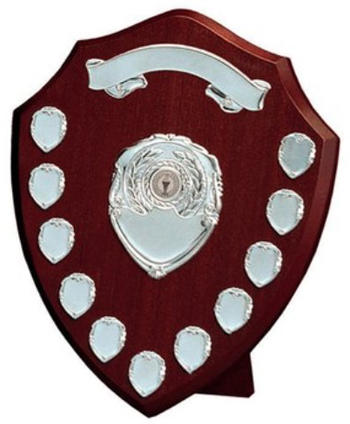
In 1864, Purdue lost a contentious primary battle to incumbent Godlove Stein Orth for the nomination of the Union Party's candidate for Congress. Purdue also backed a silver mining scheme in Colorado, the Purdue Gold and Silver Mining and Ore Reduction Company, which failed to pay any dividends. He later supported some questionable business ventures, including backing the Lafayette, Muncie and Bloomington Railroad, even as lawsuits and debts climbed. In 1869, he helped found the Lafayette Savings Bank. In 1868, he contributed money to and was the president for seven years of the new Springvale Cemetery in Lafayette. In 1867, Purdue invested money in and presided as president of the Lafayette Agricultural Works, a Lafayette implement factory, until the mid-1870s. By 1872, he owned about 2,020 acres (8.2 km 2) which came to be known as the Walnut Grove Farm. Throughout the 1860s, Purdue acquired large tracts of land in nearby Warren County. To protect his assets, Purdue established the "Purdue Rifles," a volunteer protective force of about 100 trained, uniformed and armed men guarding Confederate prisoners, rounded up deserters and maintained order. Lafayette supported the Union in the war, but some night-time raids by Confederate sympathizers on local businesses were reported. Purdue profited greatly during the American Civil War mainly because of the increase in demand for dry goods by the Union Army. He also donated $500 in cash to help another collegiate institute in the newly-platted Stockwell, Indiana. In 1857, he bought stock in and served as a trustee of the Battle Ground Collegiate Institute (college preparatory classes). In 1856, he became involved in what would come to be Purdue, Ward and Company. While various tax-related lawsuits crippled the new statewide public school budget, Purdue and others privately helped keep Lafayette's afloat.īy 1855, Purdue was spending a fair amount of time in New York doing business. On October 20, 1852, Purdue and four others were appointed as the first trustees of the new Lafayette City Public School. In 1847, a group of five merchants, including Purdue, completed a 600-foot (180 m) wooden toll bridge across the Wabash. In 1844, Fowler and Purdue ended their association. Most accounts show a man devoted to leading a good civic life, donating time, money, and expertise to various local projects including a bridge over the Wabash River, a railroad from Lafayette to Indianapolis and serving on various boards. Purdue continued to gain wealth and prestige over the next several years.

Once there, they opened a dry goods business on the courthouse square. In 1838 or 1839, Purdue and Fowler liquidated their Ohio holdings and permanently moved to Lafayette. The land that he bought lies northeast of the intersection of Creasy Lane and McCarty Lane in Lafayette, Indiana. On December 9, 1834, Purdue purchased 240 acres (0.97 km 2) of land in Indiana from Jesse Spencer for $850 which he partially paid for in store goods. In 1833, he and Moses Fowler opened a general merchandise store in Adelphi. Purdue developed a farm products brokerage that covered the Adelphi, Worthington and Columbus area. He derived additional gain from collecting a commission in taking his neighbor's hogs to market. He sold the same on August 20, 1832, at a profit. Businessman Īs stated in the 1979 Marion County History Book, on March 13, 1831, he bought a 160-acre (0.65 km 2) farm in Salt Rock Township in Marion County, Ohio. Shortly thereafter John was apprenticed to an Adelphi merchant, and his mother and at least a few of his sisters moved north and settled near Westerville, Ohio.įrom 1823 to 1831, he was a school teacher around Ohio and in Michigan.

During the move, the second oldest daughter, Nancy, died, and shortly after the move, his father died. Sometime after 1813 (possibly as late as 1823), the family moved to Ross County, Ohio. He was born in Huntingdon County, Pennsylvania, to Charles and Mary Short Purdue. Most details of Purdue's early life were either not recorded or lost.

John Purdue ( / p ɜːr ˈ d uː/ Octo– September 12, 1876) was a wealthy American industrialist in Lafayette, Indiana, and the primary original benefactor of Purdue University.


 0 kommentar(er)
0 kommentar(er)
